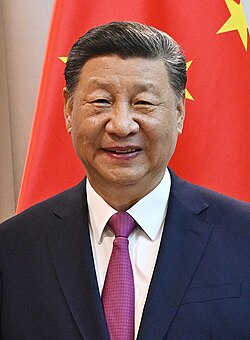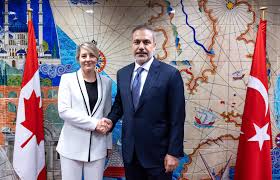Understanding Xi Jinping’s Leadership and Its Global Impact

Introduction
Xi Jinping, the General Secretary of the Communist Party of China and President of the People’s Republic of China, has played a pivotal role in shaping modern China’s policies and global presence. His leadership has significant implications not only for China but also for international relations, making the exploration of his governance highly relevant in today’s rapidly changing world.
Recent Developments in Xi Jinping’s Leadership
Since his rise to power in 2012, Xi Jinping has consolidated his authority and implemented a series of ambitious reforms aimed at strengthening China’s economy and expanding its global footprint. In recent months, Xi has focused on addressing the challenges posed by an economic slowdown, the ongoing COVID-19 pandemic effects, and geopolitical tensions, particularly regarding Taiwan and the South China Sea.
At the recent 20th National Congress of the Communist Party, Xi reiterated his commitment to the “Chinese Dream”—a vision of national rejuvenation that includes military modernization and technological advancement. His government is currently prioritizing innovation, striving to attain self-reliance in key sectors amid increasing scrutiny and competition from the United States and its allies.
International Relations and Economic Policy
Under Xi, China has also strengthened its position on the global stage. The Belt and Road Initiative, a massive infrastructure and investment project, has extended China’s influence into Asia, Africa, and Europe. However, this has prompted concerns about debt dependency among participating countries.
Xi’s recent declaration of support for Russia amid the ongoing conflict in Ukraine has further complicated international relations, raising questions about the future of the Sino-Russian partnership and China’s role in global conflict resolution. The West has also been tightening its view on trade and technological cooperation with China as a response to its assertive foreign policy.
Conclusion
Xi Jinping’s leadership has set the tone for China’s future trajectory, emphasizing an assertive foreign policy and a robust domestic agenda. As global dynamics evolve, the implications of Xi’s governance extend beyond national borders, influencing geopolitical strategies and economic partnerships worldwide. Observers and analysts alike will need to continue monitoring his policies and their ramifications, as they will undeniably shape the global landscape in the coming years. The significance of Xi Jinping’s leadership is thus paramount for understanding the future of global governance and international relations.









